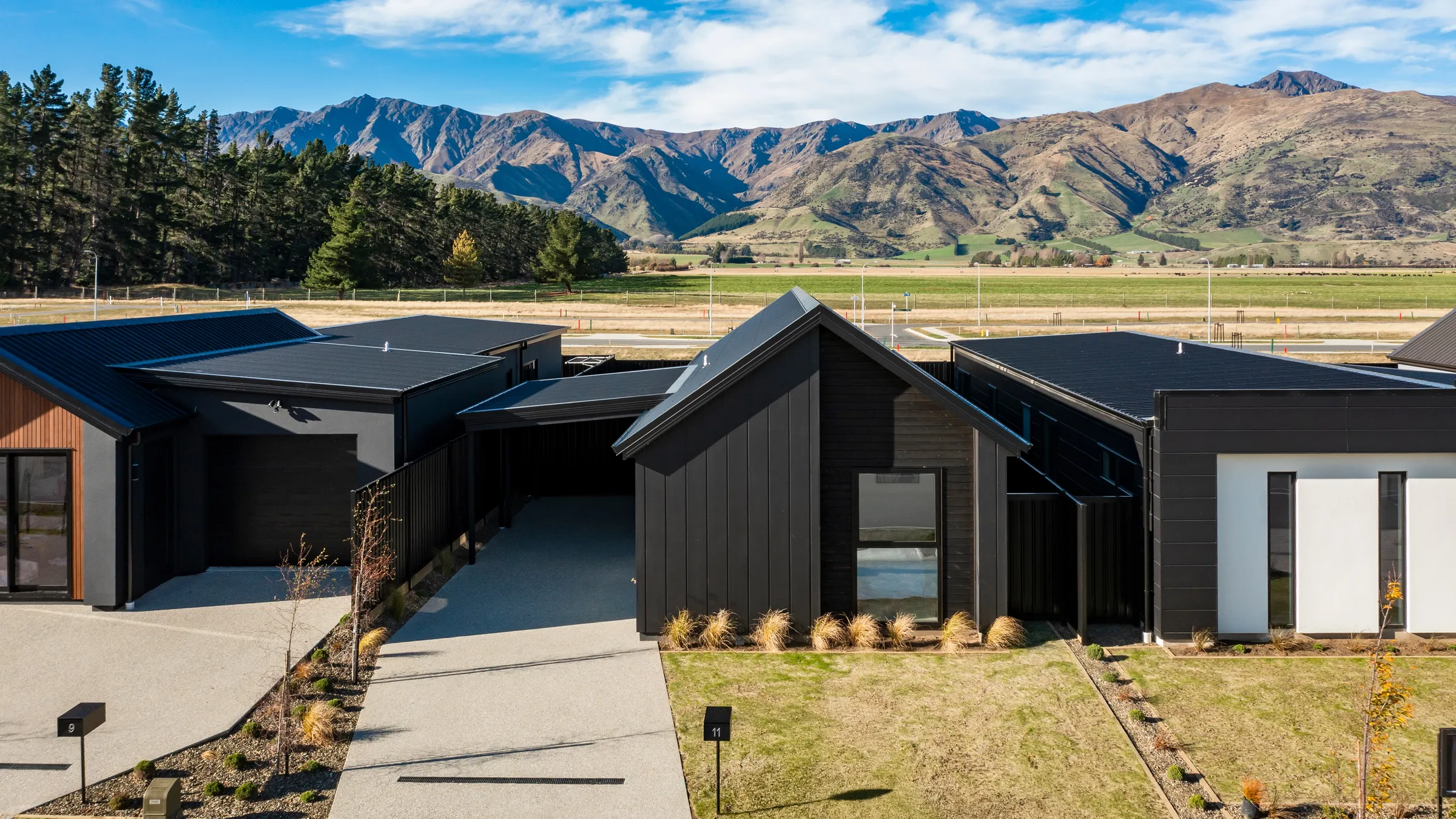
Adam Leath 9 September 2025
How Does a Lower Deposit Work in Your Favour to Get Ahead
For this article we are going to use a turn-key build in Halswell, Christchurch valued at $699,000 as an example for the calculations. A comparable pre-existing home in the area is currently valued at around $680,000.
The other figures being used are the average New Zealand household income of $134,599 per year [1] and the ability to save on average $500 per month [2] as per a canstar report in 2023.
[1] https://www.stats.govt.nz/information-releases/household-income-and-housing-cost-statistics-year-ended-june-2024/
Basis for this
The New Zealand Government have put policies in place to incentivise the construction and purchase of new build properties. Their goal is to combat the housing crisis and to provide warmer, drier and healthier homes to more kiwis. One policy geared towards investors is the change in loan to value restrictions (LVRs). This has created the ability to use a 20% deposit when purchasing an investment property that is newly built. This allows investors to enter the property market sooner, and with significantly less upfront capital.
The initial numbers
When coming up with your deposit it generally comes from two sources. Cash or usable equity in a property you already own. Now let’s say you already have the $140,000 required for the 20% deposit on our example property in Halswell. The question is how long it would take you to gain the extra equity, or the additional savings required to boost that deposit to 30% for a pre-existing home. Given our pre-existing example valued at $680,000 the 30% deposit would be $204,000. To save the additional $64,000 based on our average income and savings would take just over 9 years to reach that deposit. Then if we were waiting for our equity to increase based on Christchurch’s average rate of capital growth of 4.64% it would take approximately 2 years to increase in value for the 30% deposit.
What’s going to happen in those 2-3 years?
As mentioned before Christchurch properties increase on average by 4.64% every year. So, while you are hard at work saving the extra cash to make that 30% deposit the market around you is also moving and growing.
Let’s look at how that pans out for our example properties. The house you purchased in Halswell for $699,000 with a 20% deposit? That’s been growing by 4.64% for 3 years, giving you just over $100,000 in capital gains. All while someone has been paying you rent to help cover the costs of the property.
The pre-existing home in Halswell we are saving the 30% deposit for? That has also been growing by the same rate and instead of being valued at $680,000 when we first started looking is now valued at $780,000 and the amount you need for the 30% deposit has also increased by $30,000.
By going with the lower deposit new build option, in those 2 to 3 years you could have already got a property. Had tenants in paying you rent and have seen 2-3 years of potential growth on your investment.
How could this impact you growing your portfolio?
Being in the market 2-3 years sooner can allow you to purchase a second investment property sooner by using the equity gained in your first property. Providing everything remains ideal and there have been no financial setbacks, and all national averages remain on trend a savvy investor can usually leverage into a third investment after 3-4 years. In a little bit longer than what someone would have been waiting to save their 30% deposit for their pre-existing. As an old saying goes
“time in the market is better than trying to time the market”
The final word
If you’re serious about growing your investment portfolio the smart money is going new build, using a 20% deposit and getting into the market sooner. There are also many other benefits to go new build over pre-existing but that’s another article in itself. If this has got you interested in the possibilities of new build investment properties let's talk. The sooner you move the sooner your portfolio can grow.